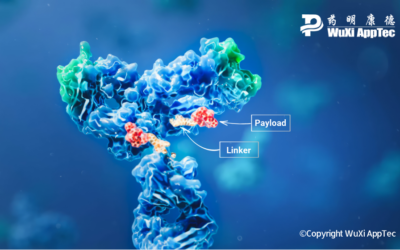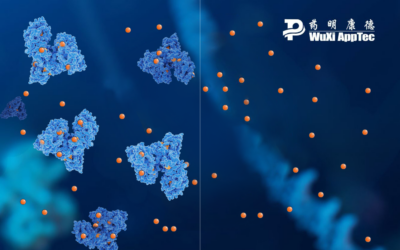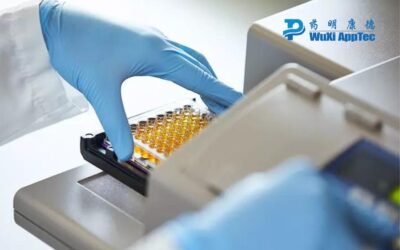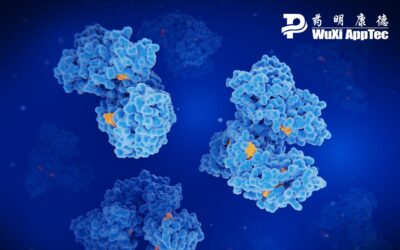Single dose acute toxicity studies are small, relatively inexpensive studies – but critical to the success of your drug development program.
Author
ELISpot Assays: The Key to Unlocking Advanced Cellular Immunity Testing
Single dose acute toxicity studies are small, relatively inexpensive studies – but critical to the success of your drug development program.
The Crucial Role of Biomarkers in the Precision Medicine Revolution
Single dose acute toxicity studies are small, relatively inexpensive studies – but critical to the success of your drug development program.
Acute Toxicity Studies: 3 Best Practices to Stay on Track with Your IND Timeline
Single dose acute toxicity studies are small, relatively inexpensive studies – but critical to the success of your drug development program.
Flux Dialysis: A Cutting-Edge Tool for PPB Studies & Understanding DDI
Metabolic stability is the susceptibility of compounds to biotransformation, which has a major impact on the efficacy and safety of drugs. Here are five assays that evaluate metabolic stability in the drug development process.
Metabolic Stability in Drug Development: 5 Assays
Metabolic stability is the susceptibility of compounds to biotransformation, which has a major impact on the efficacy and safety of drugs. Here are five assays that evaluate metabolic stability in the drug development process.
Repeat Dose Toxicity: 3 Possible Timeframes for Your IND-Enabling Studies
Repeat dose toxicity studies evaluate the effects of repeat administration over a defined period of time. To get the right toxicity data, what is the right duration for your compound? This blog discusses three possibilities. Toxicity data from repeat dose...
3 Must-Have Qualities of a Bioanalytical Method Development & Validation Partner
To make well-informed decisions about the future of your drug candidate, you need highly accurate and reliable data. Generating such data starts with bioanalytical method development and validation – a precise process that requires support from your testing partner....
WuXi AppTec Launches R&D Center for Large Animal PK & Non-GLP Bioanalytical Research Services
A new 18,000-square-meters (~193,000 square feet) R&D center in Nantong will allow WuXi AppTec’s DMPK Team to meet the demand of a variety of projects, from screening PK to IND applications – while meeting international standards. In May 2023, WuXi AppTec...
Revolutionizing Plasma Protein Binding Determination with Echo® MS
Plasma protein binding (PPB) assays are critical in the drug discovery process. However, this stage of development can be complex, time-consuming and expensive. So, any advancement in the technology used to carry out PPB assays is welcome news for drug sponsors and...
3 Common Missteps in Nonclinical Safety Assessment Testing
Safety assessment testing is one of the most involved and complex pieces of an already time-intensive and costly drug development process. Any missteps here can have drastic implications on the rest of your development program. Here are three common pitfalls to avoid....
From screening to IND submission: Biomarker analysis in preclinical drug development
In preclinical drug development, biomarkers are used to quantify drug safety and response. In this blog, we trace the use of biomarkers across this spectrum with tips along the way. Biomarker analysis is a critical piece of drug development that helps provide a...











